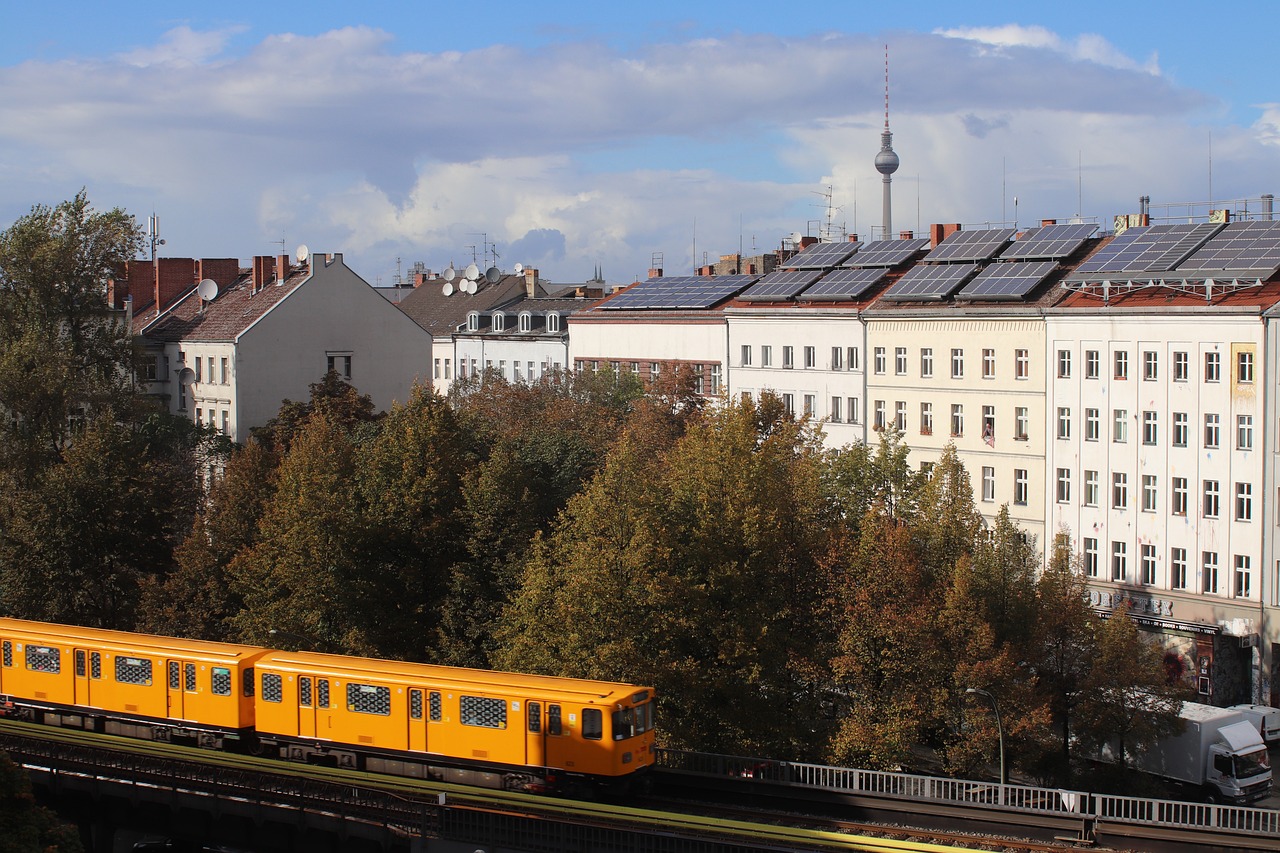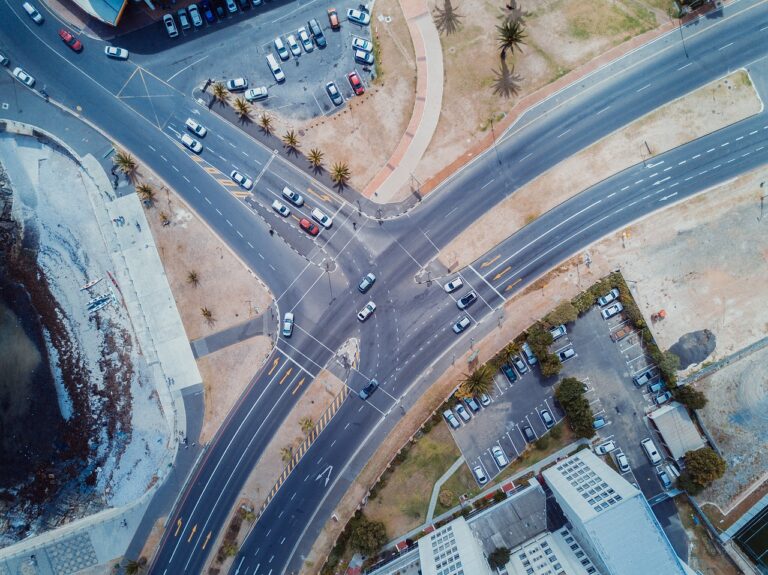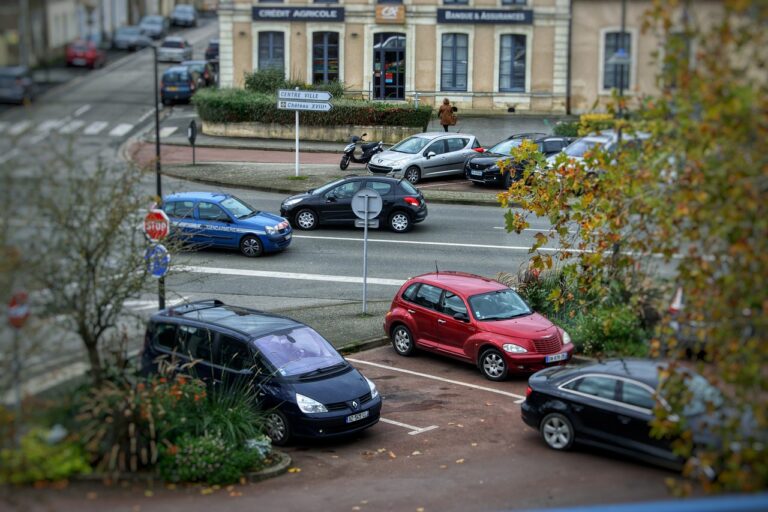Analyzing the Economic Benefits of Car Sharing for Urban Development: Cricketbet999, 11xplay online id, Betbhai9
cricketbet999, 11xplay online id, betbhai9: Car sharing is a concept that has been gaining popularity in urban areas in recent years, with various companies like Zipcar, Car2Go, and Turo leading the way. The idea is simple – instead of owning a car, individuals can rent a vehicle for short periods of time, paying only for the time they actually use the car. This arrangement not only benefits individuals who don’t need a car on a daily basis but also has numerous economic benefits for urban development.
1. Reduced Traffic Congestion
One of the most significant economic benefits of car sharing is the reduction in traffic congestion. By sharing cars, fewer vehicles are on the road, which can lead to less traffic and shorter commute times. This can have a positive impact on the economy by reducing the time and money spent sitting in traffic.
2. Lowered Emissions
Car sharing also helps lower carbon emissions, as fewer cars on the road means reduced pollution. This is particularly important in densely populated urban areas where air quality is a concern. By promoting car sharing, cities can work towards meeting emission reduction goals and improving overall air quality.
3. Cost Savings for Individuals
For individuals who don’t need a car on a daily basis, car sharing can be a cost-effective alternative to car ownership. By only paying for the time they use the car, individuals can save money on the upfront costs of buying a car, as well as ongoing expenses like maintenance, insurance, and parking.
4. Increased Accessibility
Car sharing can also improve access to transportation for individuals who may not be able to afford a car or who are unable to drive. This can have a positive impact on economic development by increasing mobility and access to job opportunities, healthcare, and education.
5. Efficient Use of Space
Car sharing promotes the efficient use of urban space by reducing the need for parking infrastructure. With fewer cars on the road, cities can repurpose parking lots and garages for other uses, such as parks, affordable housing, or commercial development. This can lead to increased property values and economic growth in urban areas.
6. Job Creation
The growth of car sharing services can also lead to job creation in urban areas. From drivers who maintain and clean the cars to customer service representatives and software developers, car sharing companies provide employment opportunities that contribute to the local economy.
In conclusion, the economic benefits of car sharing for urban development are numerous and far-reaching. From reducing traffic congestion and emissions to lowering costs for individuals and creating job opportunities, car sharing has the potential to improve the overall health and vitality of cities. By promoting and supporting car sharing initiatives, urban areas can create more sustainable, efficient, and livable communities for all residents.
FAQs:
Q: How does car sharing work?
A: Car sharing typically involves a membership-based system where individuals can reserve a car for a specific time period and pay hourly or daily rates for its use.
Q: Are there different types of car sharing services?
A: Yes, there are various types of car sharing services, including round-trip, one-way, and peer-to-peer car sharing platforms.
Q: Is car sharing available in all cities?
A: Car sharing is more prevalent in larger urban areas, but many cities are expanding car sharing services to meet the growing demand for alternative transportation options.







